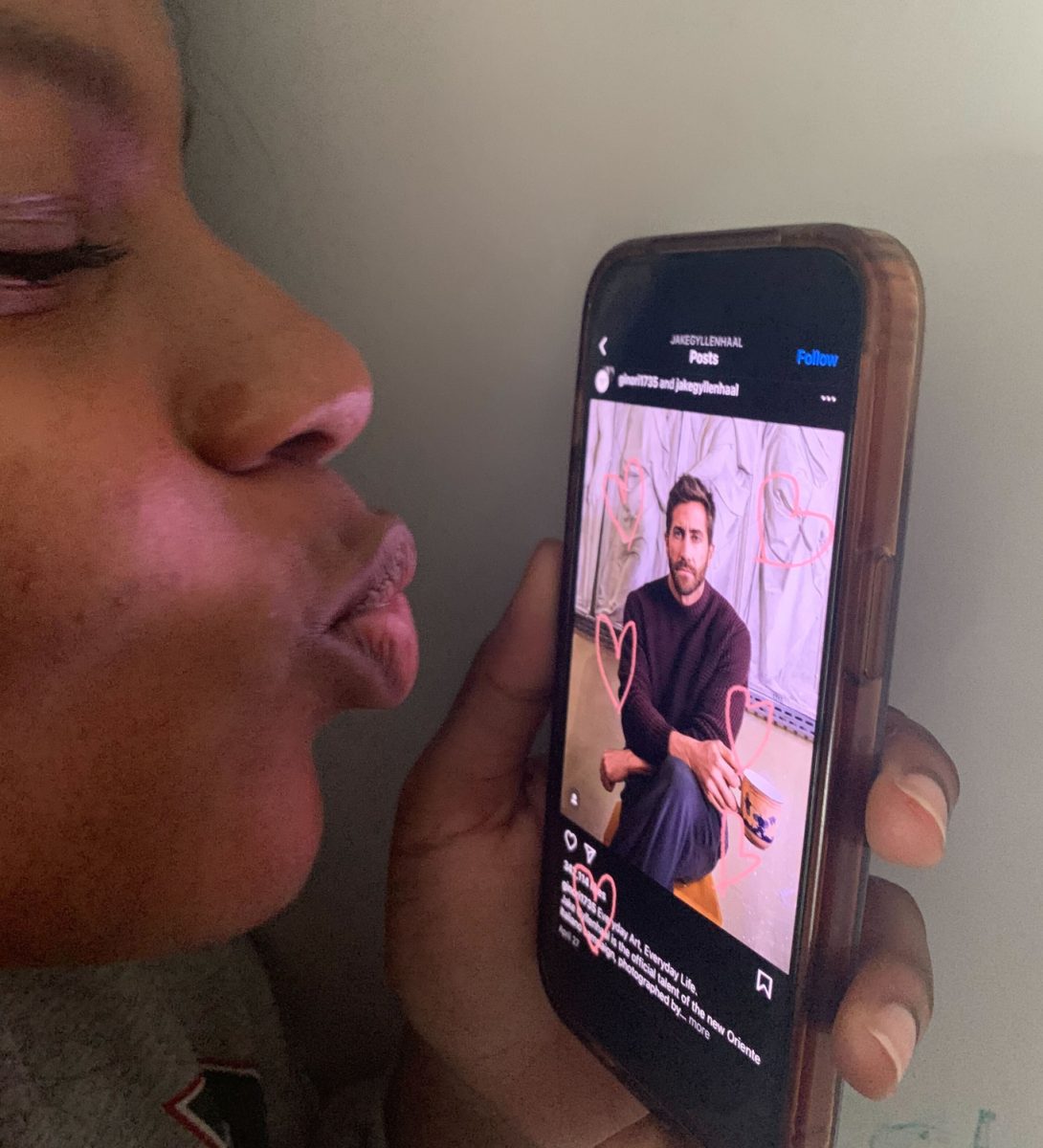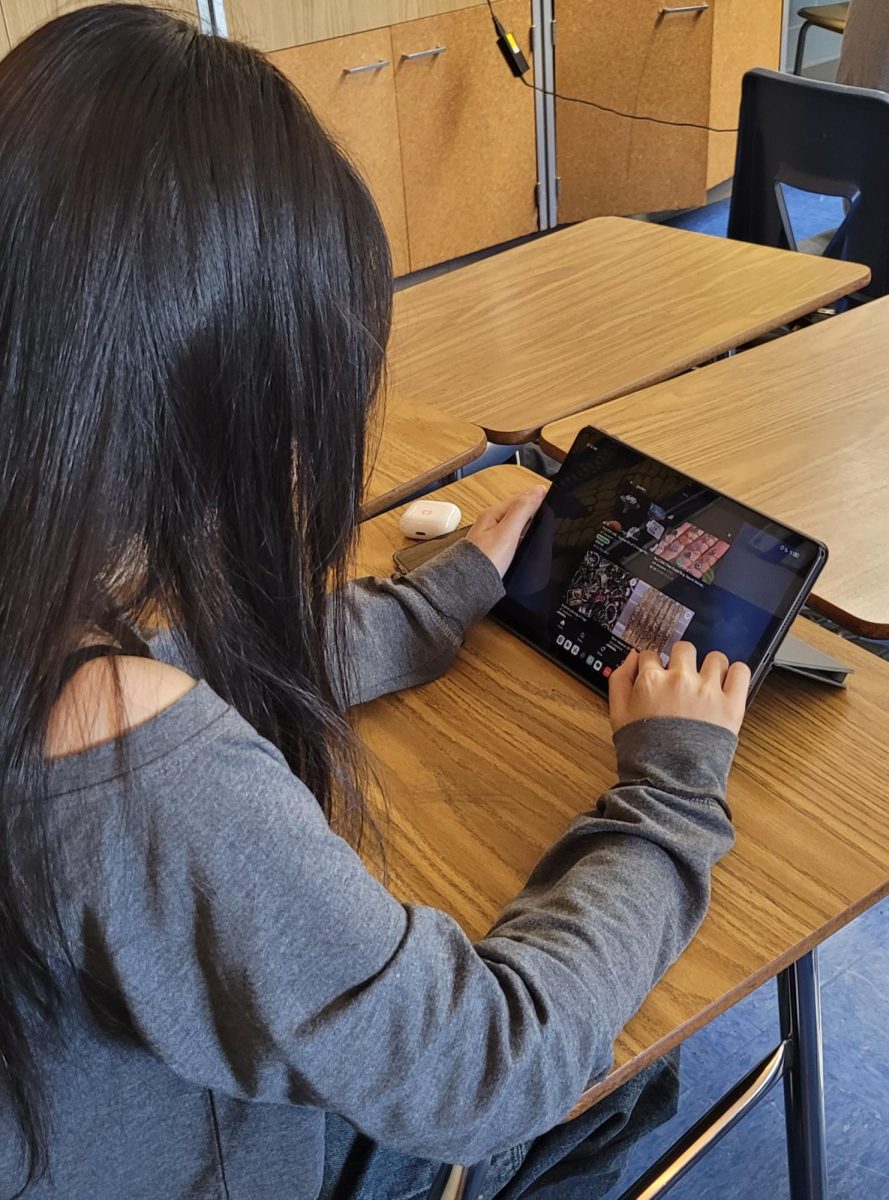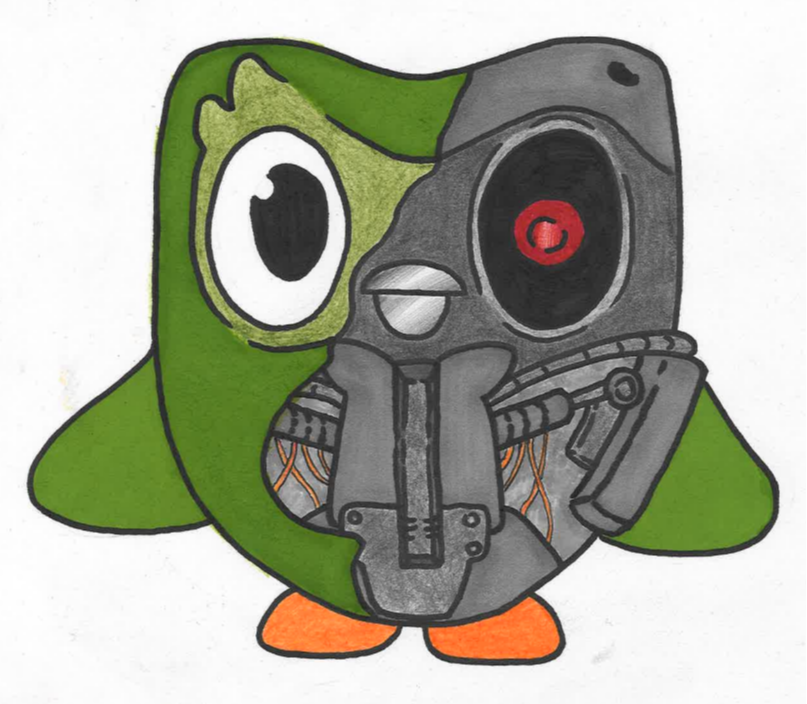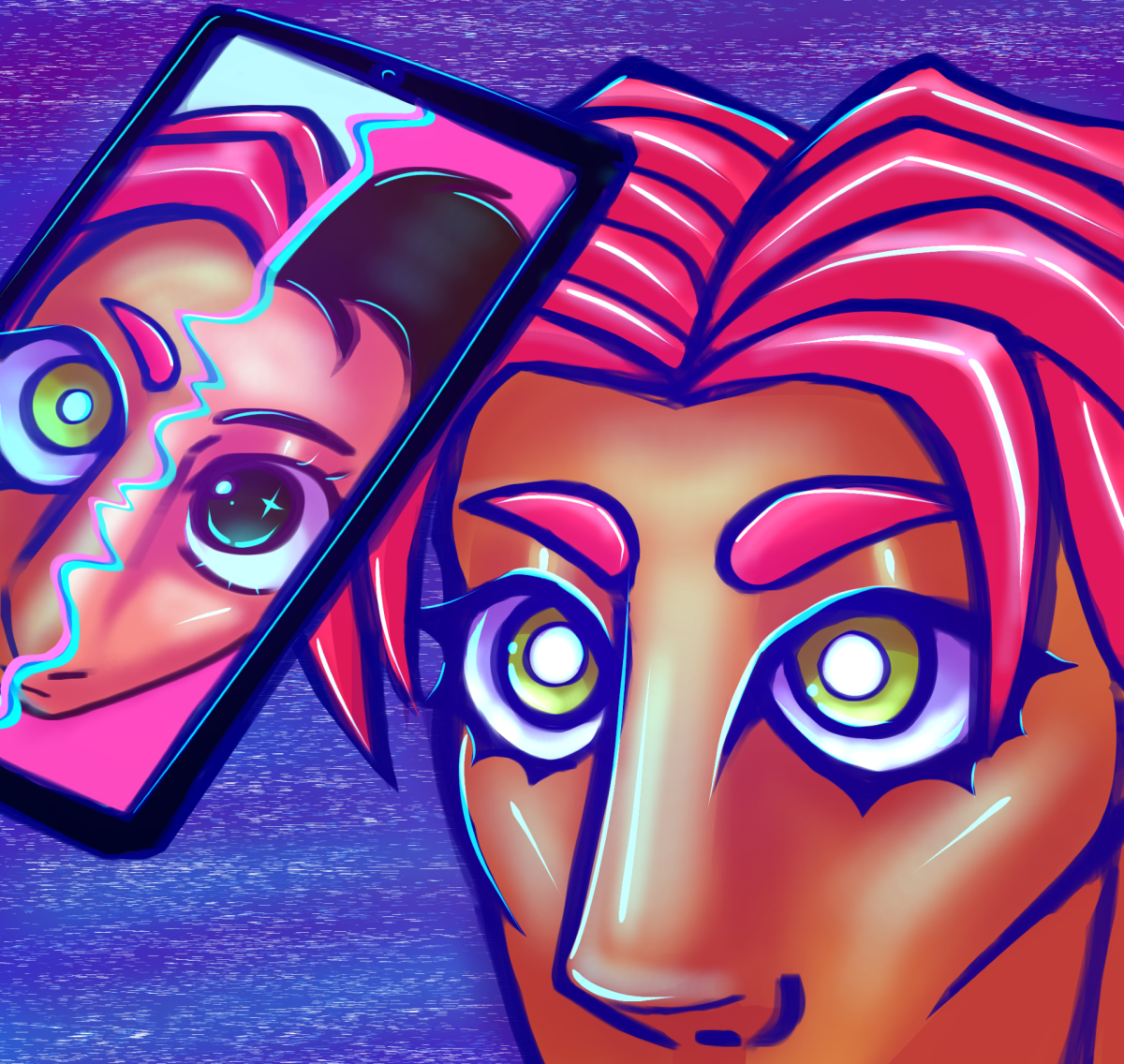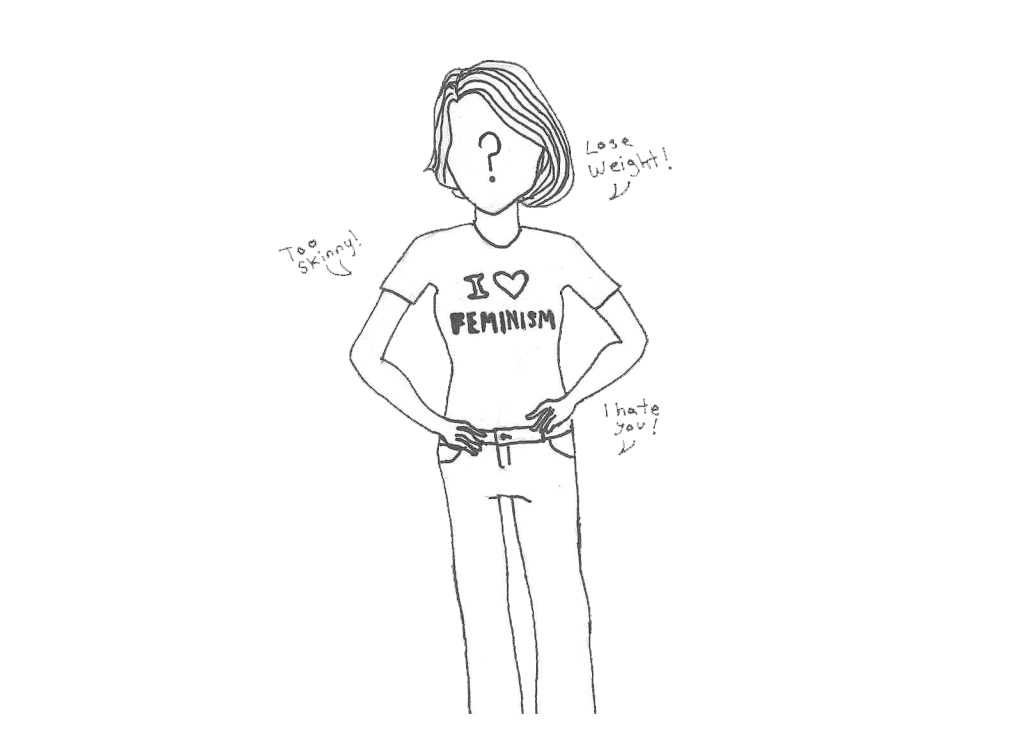Now more than ever it’s easier to grow a fan base — all you really need to do is pick up your phone and press record. With the rise of social media stars comes an increase in fans, and unfortunately, this includes an increase in parasociality.
A parasocial relationship is when a media consumer engages in an obsessive, and in many cases toxic, adoration of a media personality. One example is when you watch a live stream on platforms like Twitch or TikTok, from streamers such as Pokimane, Ludwig, Jidion or Kai Cenat and they share seemingly everything there is to know about them that maybe you even feel emotionally connected. Yet they don’t even know you exist. Sometimes people begin to obsess over these media stars so much that they’ll do anything to get noticed, including harassing the celebrity or even their family.
Yes, sometimes parasocial behavior includes stalking, but it can also lead to less insidious but still self-sabotaging acts like spending thousands of dollars just for a streamer to potentially read out the person’s username. Even more dangerous parasocial trends have included doxxing and swatting. Doxxing is the action of revealing someone’s private information, which could be anything from a photo to an address, while swatting is the action of falsely reporting to authorities that someone is going to do something so dangerous that it necessitates dispatching a Special Weapons and Tactics (SWAT) team. This has resulted in streamers being unjustifiably raided, including leftist Clara “Keffals” Sorrenti, who was targeted and traumatized in 2022 by transphobic Twitch users that were nevertheless repeat viewers, and streamer QTCinderella, who was victim to the terrifying trend along with her significant other and fellow streamer Ludwig Ahgren..
“I have diagnosed PTSD from us getting swatted,” QTCinderella said. “All of these lights, and all I see are lights. All I see are guns. And I hear the intercom, ‘This is LAPD, come out with your hands up.’ And the world went silent for a few seconds.”
But swatting is not the only instance of stalkers who have harmed or attempted to harm popular streamers. In one case, a fan became so obsessed with cosplayer and internet personality Meg Turney in 2018, that he ended up driving 11 hours with a gun to kill Turney’s husband. Having hundreds of thousands of people watching you on a regular basis is a potentially dangerous idea, but being stalked and fearing for you and your family’s lives is absolutely terrifying.
“The person who broke into our house left behind a series of notes that discussed, among other things, that he felt infatuated or connected to me,” streamer Meg Turney said.
Parasocial relationships have become more prevalent in the media as a disturbing and deviant aspect of online hobbyists, but a relationship being parasocial doesn’t always mean stalking or harming people.
“Some people can benefit from having a parasocial relationship like me,” Emily Jara (9) said. “I look up to celebrities and they inspire me to strive [for success] in life.”
Parasocial relationships can even aid young people. A great example is if you’re a fan of football and you admire a good player, that parasocial bond can make you want to improve at football yourself. Another way parasocial relationships can be helpful is by providing comfort in one’s daily life. Sometimes you might be having a hard day or stressed at work, and now via the click of a button you can watch your favorite influencer escape and help you get through that difficult moment — and yes, maybe even fantasize about befriending the celebrity in real life. Of course, there’s a thin line between protecting influencers and celebrities from harmful behavior vs. celebrating mutually beneficial parasocial relationships.
There is also a negative but less dangerous side to parasocial relationships. Sometimes when you love a media creator or social media personality, you don’t care what they do — you’ll always support them regardless of if they’ve been canceled or not. A personality could do something very harmful or even predatory and the person can still choose to support them solely based on that parasocial bond. Take, for instance, the number of Kanye West supporters who continue to defend the controversial rapper despite his continued remarks about Jewish people.
“I can’t believe people still chose to support Kanye,” Carlos Bustamante (9) said. “He changed so much after leaving Kim and I no longer support him. You can’t separate art from the artist.”
There’s a distinction between fan interaction and fan obsession. Those of us who consume media (which is all of us) can only influence our friends and loved ones to try and keep it more on the interaction side. Not every social media personality wants you to know everything they do, and you don’t necessarily need to know everything every social media personality does. Sometimes parasocial relationships can be unhealthy and lead to morally despicable acts, but normally these kinds of adulatory behaviors can do far more good than bad. Just like you likely want some semblance of a private life, the social media stars you interact with also want the same, so you should respect that and keep it in mind every time you click, like and post.


